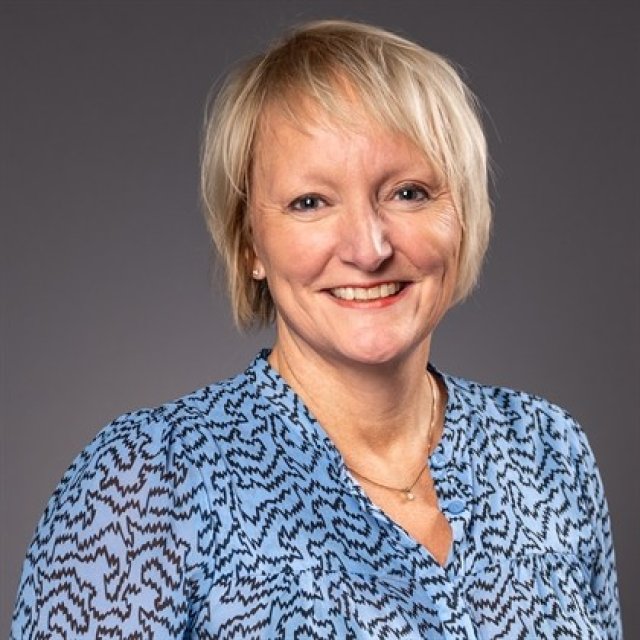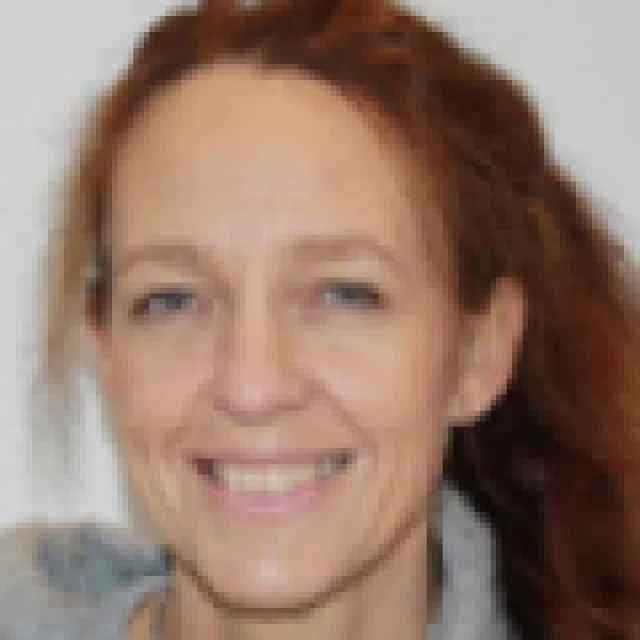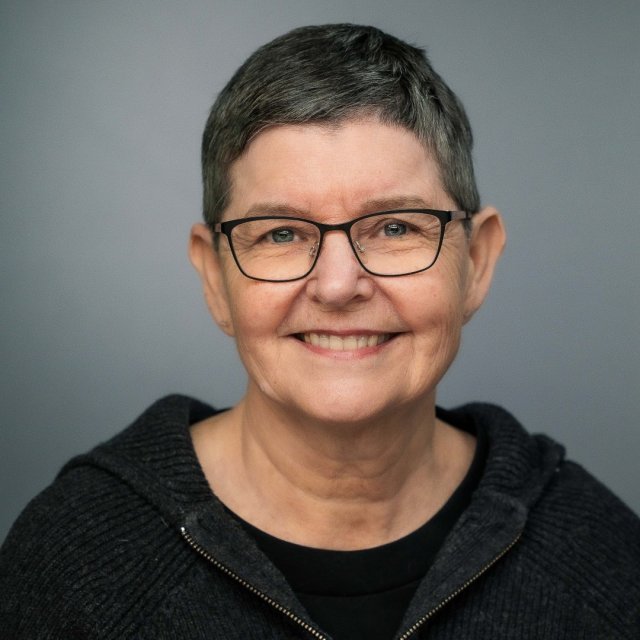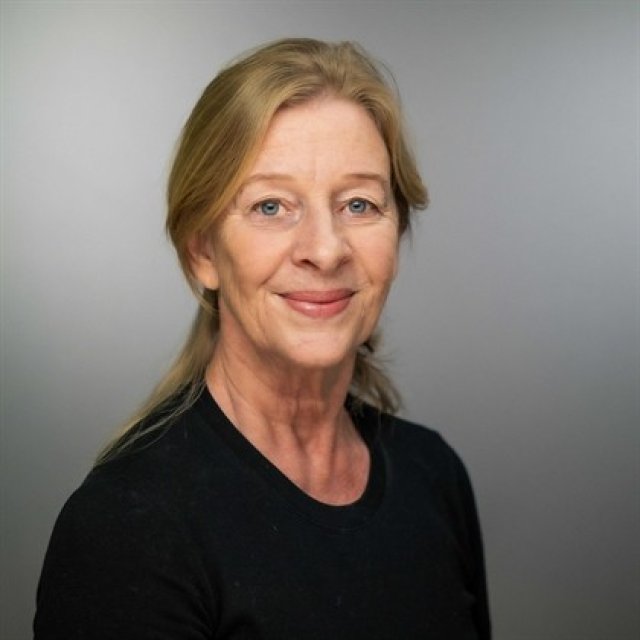WP6 SYNERGIES FOR PROFESSIONAL EDUCATION AND PRACTICE INNOVATION
Leader: Anita Gjermestad, VID; Co-leader: Gudrun Brottveit, HIOF
Researchers: Siri M. Bakken, Ingvild Huse and Elisabeth Fransson
WP6 will synthesise, disseminate, and implement the results from the other WPs. Given the novelty of the PATHWAYS research, there will be potential for innovation in services. WP6 also expects there to be the potential for important revisions to the academic content, learning outcomes and teaching methods in relevant professional education programmes. WP6 aims to lay coherent foundations for a better coordinated and holistic service for all stakeholders involved in the PATHWAYS WPs. To ensure that the research responds to relevant societal needs WP6 will involve the learning and advisory board (LAB), which in addition to international collaborators, will consist of representatives from fields of practice, experts by experience and the education sector.
Research
Methods and data sources
A systematic review study (Del Busso et.al 2021) will be conducted of the content, objectives of the different work packages, through a meta-reading of the research contributions' results and relevance to practice fields and education.
The results and relevance of the work packages will be discussed, analyzed and tested across different practices, education and research fields, using LAB, and inspired by research circle methodology (Chalachanová. 2021; Fjetland & Gjermestad et al., 2019).
By recognizing the importance of spatiality, surroundings and architecture, inspired by user experiences, design and participatory visualization, the research circles will be able to transcend verbal discussions. Visual tools, creative methods and architectural design methodology will be applied in the development of suitable organizational models for the design of spaces, based on input from the comparative study in WP2, workshops and Norwegian user groups. In collaboration with PATHWAYS international research partners, work package 6 will organize an exhibition and conference presenting all work packages' research results.
Research questions
- How can the results from the other WPs contribute to more adapted ICCs, in terms of systems, workings methods and social interactions, as well as in terms of architectural design in different institutional spaces where young people stay?
- How can these results improve professional practice with children and young people?
- How can these results contribute to the further development of the academic content, pedagogical and didactic structure of professional education programmes?
- What new research questions emerge from these results?




